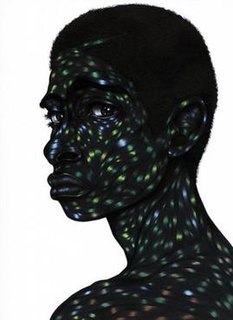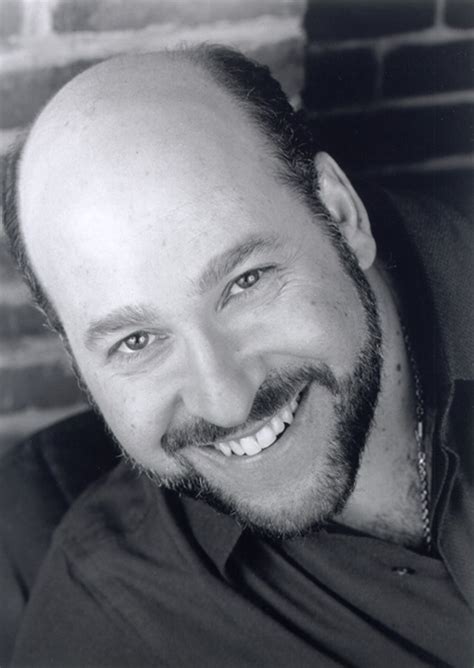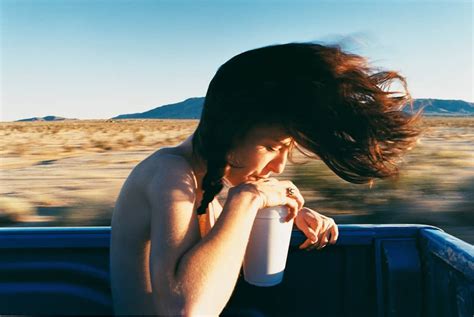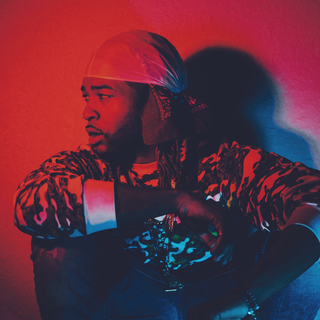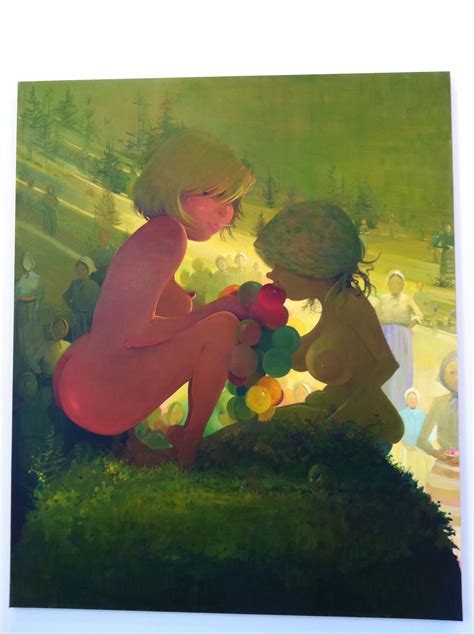A Quote by Jim Woodring
When I was setting out to be an artist, I said: If I can just produce one work that some people think is good, if I can become an obscure cult artist, that's all I want. Well, I attained that. I'm an obscure cult artist, and I think now, Why didn't I say I want to be another Picasso or something? What other options were open to me? But I was convinced I couldn't achieve great things because I don't have a steady-state mind.
Related Quotes
There's a perception that if an artist produces another artist, they're going to imprint on them. But I'm the opposite. I want to hear that artist; I don't want to hear me - that's the last thing I want to hear. There are a lot of technical studio things I've learned or figured out, and I feel like I could use those things to help other people with what they're doing.
I started blogging because I didn't know if I wanted to be an artist. I wanted to talk to other people online who were doing art, so I would post work and ask for feedback. I loved that an artist like James Jean would show his process on his blog. It became this open dialogue that, unfortunately, we don't have a lot in the fine-art world. People will say, "Wow, you share a lot." I'm like, "No, I make it a point to." Instagram is a great place for people to share failure. I don't want people to think that being an artist is some glamorous life.
As an artist, I never wanted to be fettered by gender nor recognized or defined as a female poet, musician or singer. They don't do that with men - nobody says Picasso, the male artist. Curators call me up and say, "We want your work to be in a show about women artists," and I'm like, why? For Christ's sake, do we have to attach a gender onto everything?
Some people feel that it's controversial if I say that because my dad is known as a political artist. But I don't really believe that he was a political artist. I think some of his songs were political, and I think they were incredible because he was able to make art that was political and that wasn't pedantic. But I think he was unique in being able to do that.


